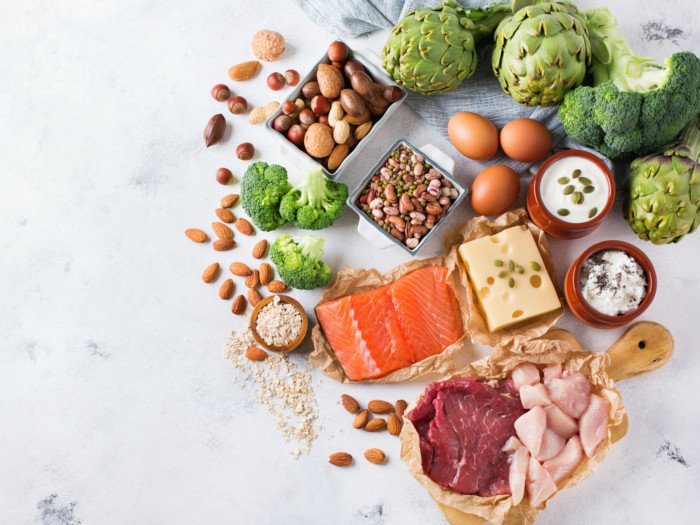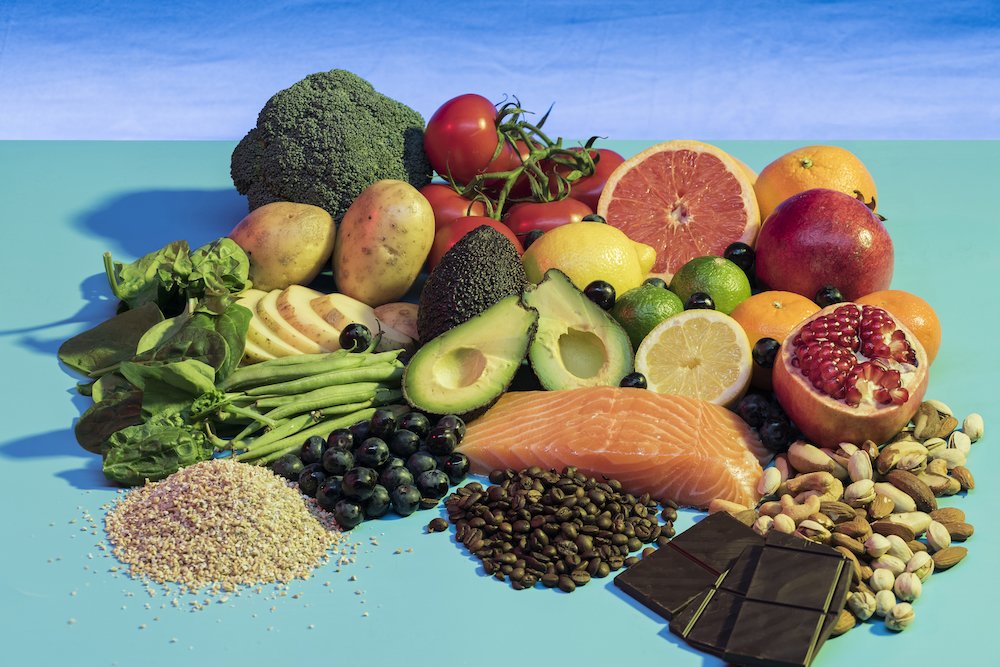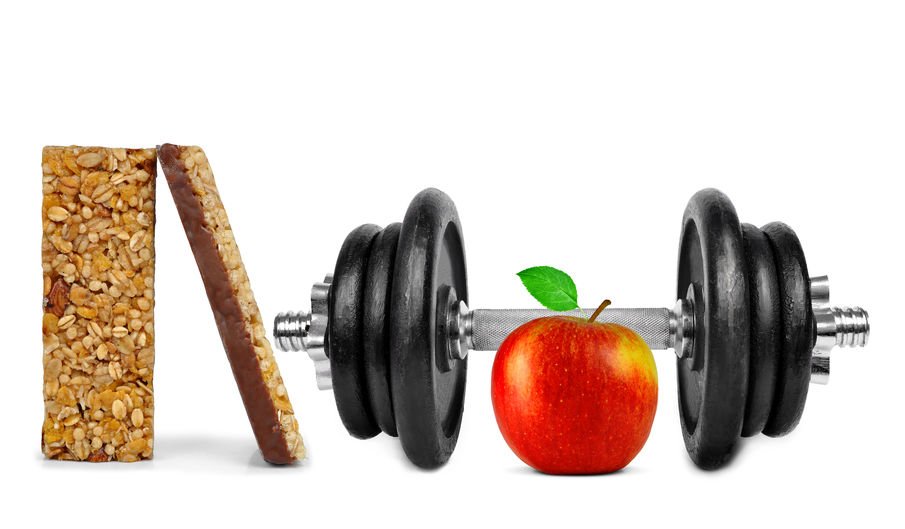Well, we know that diabetes can be delayed and managed well along with its complications. So to manage it and make our lifestyle better we need to adapt some of the effective changes to normalize our blood sugar homeostasis. These tips will get our campaign against Diabetes underway and we will see a difference in no time at all.
Fiber

Fiber plays an important role in the digestion of food. It delays sugar absorption and binds cholesterol, hence lowers the risk of obesity, and heart ailments. So we must include those raw salads, veggie soups to our major meals. We can maintain our fiber intake by some simple tips-
- Let’s not sieve the flour and try having it in the whole form
- We must try whole fruits rather than juiced form.
- We must include whole grains and whole pulses.
- Include at least 3 servings (1 serving = 100 gms) of vegetables a day.
- One must not remove and peel edible portion of the fruit for example -apple, guava, pear, peaches.
- Let’s start our meals with Salads on a daily basis.
Limit Sugar intake

We must target to have less sugar, as a direct form of sugar (White sugar, honey, sugar cane, jaggery etc) results in a major sugar spike. Let’s start by cutting on refined sugar such as in candies, cakes, pastries which raise the blood sugars drastically. Blood sugar binds to the red blood cells which form glycosylated hemoglobin (HbA1C).
Proteins

There has a been a long-standing controversy on the amount of protein to be eaten. Some researchers have suggested that a high protein intake and a low carbohydrate intake prevents and delays the onset of diabetes. ON the other hand, some researchers have claimed that a high protein diet in the long-term does not seem to have any beneficial effects. The American Heart Association recommends a protein-rich diet for diabetics which includes fish twice a week.
Functional Foods

Functional foods are loaded with antioxidants, unsaturated fatty acids and are also rich in fiber. So we must include in our diet daily basis. Some common examples are mustard seeds, flax seeds, fenugreek seeds, curry leaves, cinnamon, cloves, chia seeds.
Low Glycemic Index Foods

Glycemic index refers to the rate at which a food raises our blood glucose levels. Foods with high GI spike our blood glucose level whereas fiber-rich foods have a lower glycemic index. Low GI Sources are Whole nuts, whole cereals, cherries, oatmeal, apple, vermicelli, whole dal, etc
Vegetable Fats

All vegetable fats- from avocado, various seeds, nuts like peanuts, almonds, homemade ghee are recommended in diabetes. It is important to consume these in moderation. Good fats help us to manage weight as it also helps release sugar slowly.
- Roasted Okra seeds have been used as a traditional medicine that has shown results in lowering blood sugar levels. Als,o it’s shown to prevent diabetes-related complications as it lowers HbA1c levels.
- These seeds contain alpha-glucosidase and gum contains insoluble fiber which functions by inhibiting the carbohydrate metabolizing enzyme and hence preventing the release of sugar in the bloodstream.
- We can use our very common homely items like organic Turmeric with 1tsp Amla (Indian Gooseberry) powder+1/2tbsp methi (Fenugreek) seeds powder in a glass of water and sip on a daily morning on empty stomach. (effective for retinopathy)
- Also, 1tbsp Methi (Fenugreek) seeds which are soaked overnight in ½ cup water and chew it the next day in the morning in empty stomach.
- Dry seed powder of Jamun (Balck Berry) fruits is quite effective in reducing blood sugar. So we can include about 1tsp twice daily with lukewarm water
- Bay Leaf in food also helps to bring our sugar levels under control.
- Proper hydration is also important in diabetes, especially during exercise. Drinking extra fluids should begin an hour or two before exercise.
Exercise Regularly

In addition to all the above mentioned effective ways, the magic lifestyle change EXERCISE plays a vital role in managing diabetes as it lowers blood sugar levels, helps us to maintain proper body weight, keep the heart rate and blood pressure lower, keep blood fats levels normal, improves insulin sensitivity, maintain normal blood circulation in the feet.
It is recommended to start with 30 minutes of aerobic activity of moderate intensities for 5days a week and aerobic activity of vigorous intensities for 20 mins 2 to max 3days a week.
We also need flexibility and few strength training exercises to our routine. Flexibility activities for 5-7 days a week, strength training 8-10 exercise at max, 10-12 repetitions of each exercise for a max of 2-3 days a week.
Very important point to be considered which is consult a doctor prior starting any exercise as this is especially important if we are older than age 35, have had diabetes for more than 10 years, have any complications, have not exercised in a long time.
Exercise has the same effect on blood glucose as insulin-like lowering blood glucose, making us more sensitive to insulin. This is a benefit of exercise that can also create a problem if it lowers our blood sugar too much. Low blood sugars are when the glucose levels dip below <70mg/dl…
Few common symptoms include shakiness, weakness, abnormal sweating, and anxiety, tingling of mouth and hunger, headache, visual seizures, coma. Blood glucose monitoring before and following exercise, especially when beginning or modifying the exercise program is prudent.
We must keep a 15g of fast-acting carbohydrate (powdered sugar / Glucose tablets 3-4) with you to treat Hypoglycaemia.

It is vital to Check one’s blood glucose levels pre and posts workout. As if the blood glucose is below 70 –then have 5g of carbohydrate right away, after that wait for 15 minutes and then check again – if still below 70 have another 15grams. It should work
Again if the blood glucose is high like in Fasting is>250 and ketosis is there, then, in that case, we must avoid exercise with such high blood sugar levels. And always remember to eat before heavy exercise
Also if we are going to exercise around mealtime we should eat the meal and allow 1 and half hour for digestion. Complex carbs get digested slowly than fast acting simple carbs…So if we are taking a meal we need 1 to the 2hrs protection and if we have short time take a fast acting carb like a fruit 30mins prior.
Overall proper diet and regular exercise can not only help in better control of blood sugar but also helps with control of weight and blood pressure as it lowers the bad cholesterol and raises the level of good cholesterol in the blood.
But special precautions should be taken in diabetes patients with comorbidities like taking pre-workout snacks and post-workout snacks, water intake before after and during workouts, cotton socks, and good brand shoe, checking blood glucose of before workout and pulse rate too, wearing id bracelet, doing proper warmups and stretching session, not overdoing exercise, aware of hypoglycemic episodes.







